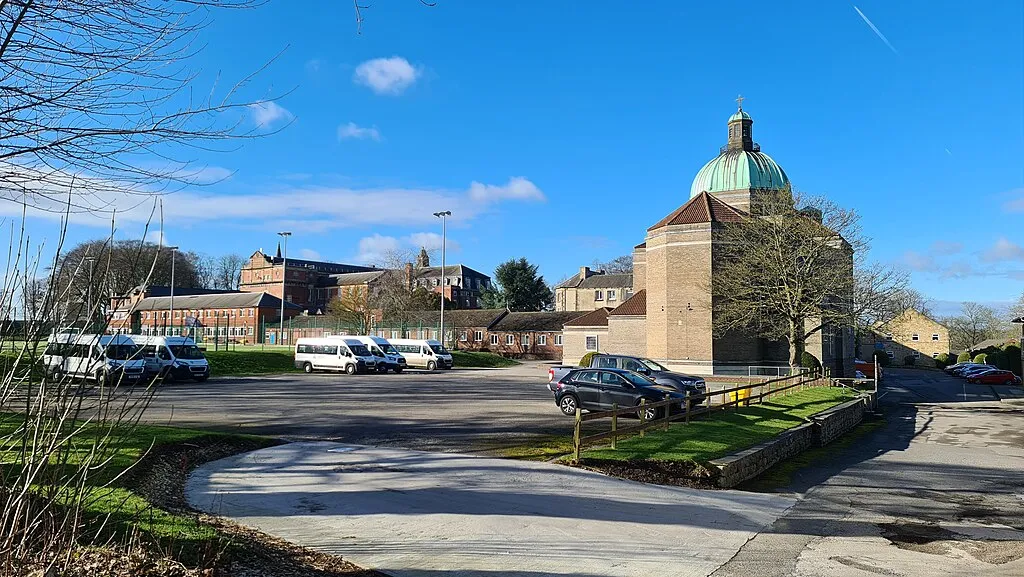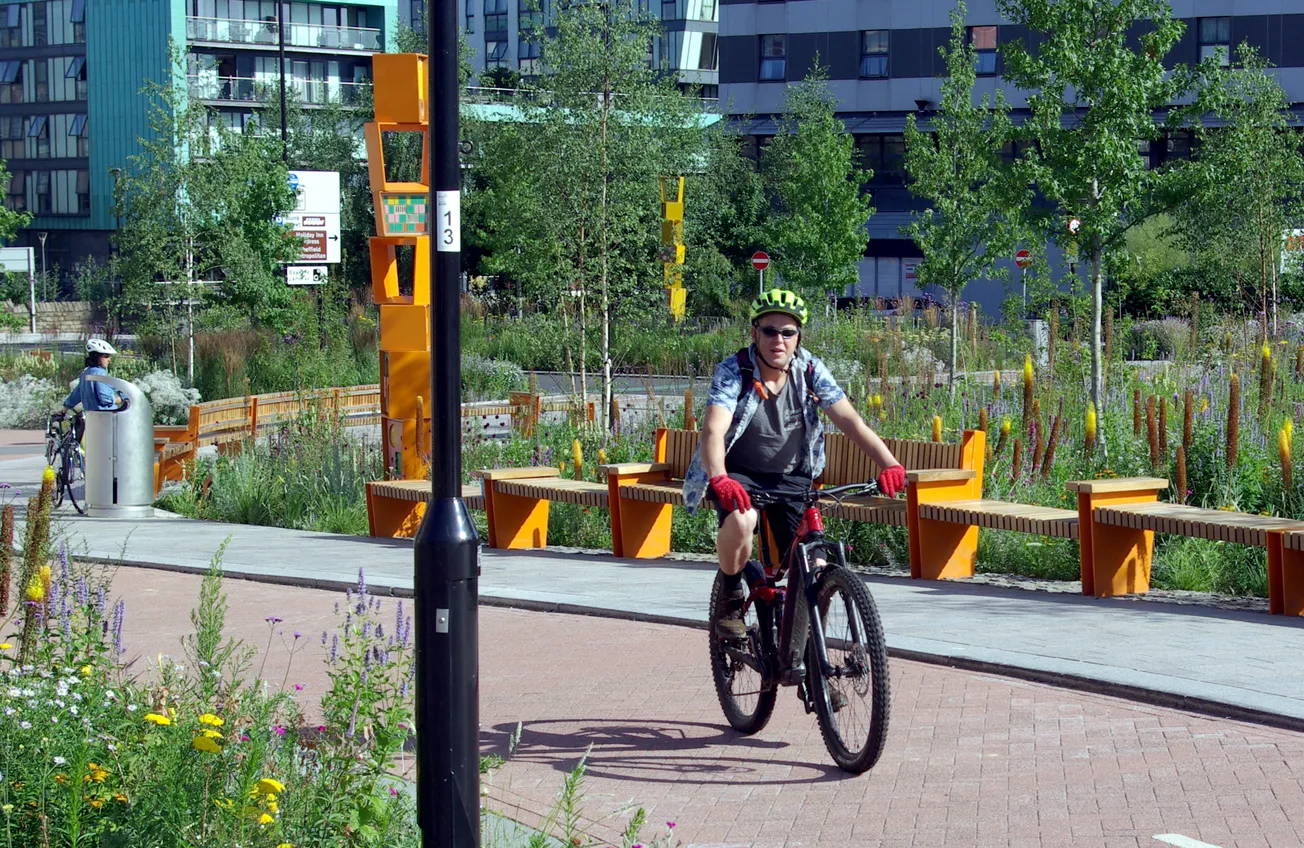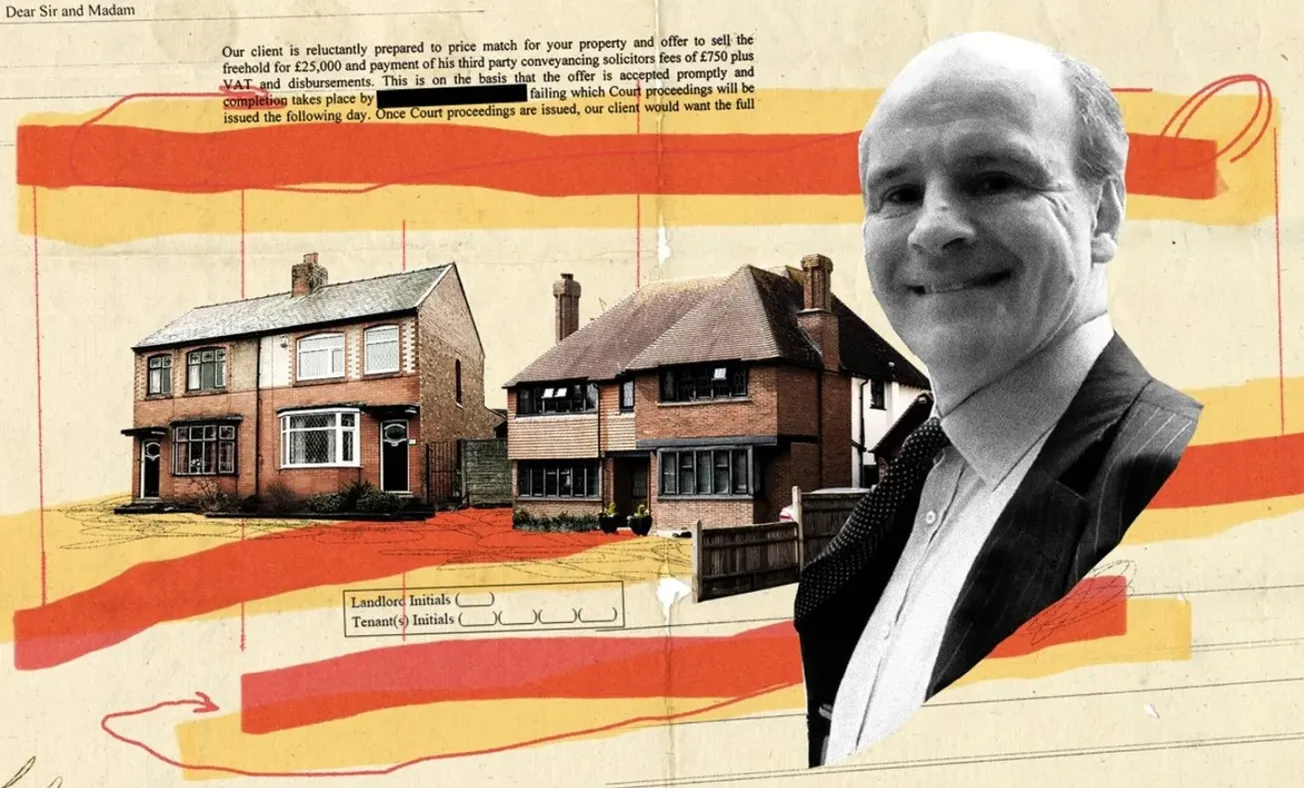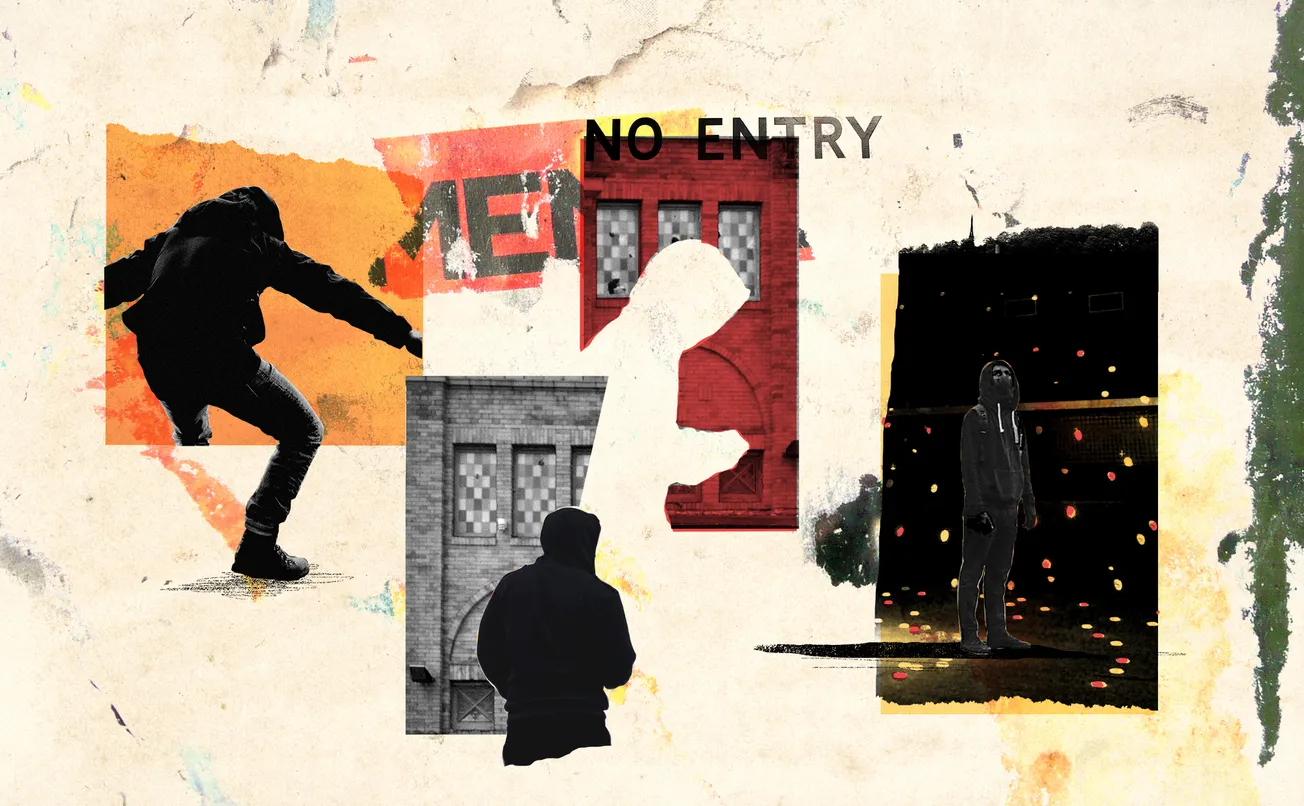Good afternoon readers — and welcome to this week’s briefing.
Today we take a look at the huge number of high rise developments being planned in Sheffield, plus all our usual updates and recommendations.
Coming up tomorrow we have a members-only report on Sheffield’s hot property market, and on Thursday we’re sending members an in-depth look at the history of the Old Town Hall and why efforts to renovate it have been repeatedly disappointed. To get those stories in your inbox, join up as a member now with the button below. It costs less than £1.50 a week if you join for a year (£70).
Last week we sent members great in-depth pieces about the inexorable rise of the Sheffield Steelers ice hockey team and the little-known story of a 1980s mural which came to symbolise the city’s politics.
I just subscribed to Sheffield Tribune @sheffieldtrib
— JeanneHardacre (@JeanneHardacre) 7:04 PM ∙ Jul 25, 2021
“It’s a brand new venture bringing a different kind of local journalism covering South Yorks that gives you the context you need to understand what is really going on, and strives for quality rather than cheap clicks”
We had a great reaction to our weekend long read about the strange and tragic tale of Hyde Park flats. To read that story click here, and please do send us your memories of the flats and your views on Sheffield’s major social housing projects.
Our weekend read today is about the strange and tragic story of Hyde Park flats.
— The Tribune (@sheffieldtrib) 3:06 PM ∙ Jul 24, 2021
Thanks to all the former residents who spoke to us for the piece 🙏
And thanks also to photographer Bill Stephenson and historian @MunicipalDreams for all their help.
sheffieldtribune.co.uk/p/this-is-the-…
This week’s weather

The big story: Sheffield looks to the sky
Top line: Over the next few years, Sheffield’s skyline is likely to change considerably. 16 high rise buildings are currently being constructed or planned at locations across the city centre.
The plans: Construction on the 38-storey 117-metre Rockingham Street Tower has already begun. The 39-storey 117-metre Kings Tower on Angel Street has planning permission but has yet to secure all the funding it needs.
- Both would be substantially taller than Sheffield’s current tallest building, the 32-storey 101-metre St Paul’s Tower.
- They would also both beat Yorkshire’s current tallest building, the 32-storey 110-metre Bridgewater Place in Leeds.

Also planned are co-living block Midcity Tower at the top of the Moor which will be 32 storeys high and new student block Calico on Tenter Street which will be 27 floors tall. An additional 12 high rises are already being built or planned in the city centre.
What’s going on? Building up is all the rage. Several other northern cities have already gone down this path, led by Manchester (nicknamed Manc-hattan), which is on course to become one of the tallest cities in Europe, with the number of skyscrapers set to rise from 49 to 133. Now Sheffield is getting in on the act.

Political cover: Councillors in Sheffield have so far welcomed these lofty projects with open arms. They argue building up in the city centre will mean developments on the city’s precious green belt won't be required. When Kings Tower was given planning approval in December 2020, Lib Dem Councillor Andrew Sangar said:
I think those of us who want the city to go up to protect green space need to support high buildings.
More student flats? 11 of the 16 towers are being built either entirely or partly for students. Sheffield Hallam University and the University of Sheffield’s expansion hopes depend on them.
Build to rent: Several of the towers are so-called ‘build to rent’ schemes, where investors build a property and then hold on to the flats to let them out. Some of these schemes have been criticised by activists on the left as amounting to the “financialisation of the housing market” — an argument advanced by Sheffield University academic Jonathan Silver.

Analysis: In many ways we should be glad property investors see Sheffield as a good option. The city’s two universities are now our main industries and the thousands of students who come here every year need somewhere to live. The construction work will also create lots of jobs. But clearly these projects are aimed at wealthy students and professionals and won’t solve the housing crunch for the city’s lower earners.
Plus, there’s the energy required. Writing in The Guardian last year, Rowan Moore drew attention to the “embodied energy” used by these tall buildings. He wrote:
If no one ever built a skyscraper ever again, anywhere, who would truly miss them? I ask, because the engineer Tim Snelson, of the design consultancy Arup, has just blown a hole in any claim they might have had to be environmentally sustainable. Writing in this month’s issue of the architecture magazine Domus, he points out that a typical skyscraper will have at least double the carbon footprint of a 10-storey building of the same floor area. He is talking about the resources that go into building it, what is called its “embodied” energy. Tall buildings are more structurally demanding than lower ones – it takes a lot of effort, for example, to stop them swaying – and so require more steel and concrete.
Keep up to date: For full details of all the applications making their way through Sheffield City Council’s planning committee, follow the city’s two excellent local democracy reporters — Lucy Ashton and Molly Williams — on Twitter.
Further reading: We enjoyed this short Guardian article from 1975, illustrated with a photo of Park Hill in Sheffield, which reports from a symposium on building that life in tower blocks is “not so bad.”
Covid-19 update
Cases: The Covid case rate in Sheffield (the number of positive cases per 100,000 people over seven days) is 584.1. This is up 35.8% or 901 cases on last week — far higher than it was in January. But after weeks of steep rises, there are now signs that cases are beginning to decrease slightly. The England average is 532.1.
Hospitals: There are now 55 people being treated for Covid-19 in Sheffield’s hospitals, an increase of 15 from last week. 10 of these patients require mechanical ventilation, an increase of four from last week. At least three deaths linked to the virus have taken place in Sheffield in the last seven days.
Vaccines: 669,783 vaccines doses have now been given out in Sheffield, including 378,196 first doses and 291,587 second doses. But there are still large numbers of young people in Sheffield who haven’t had even their first dose of a Covid vaccine. Around half of those under 30 in Sheffield still have no protection from the virus.
Older ages are protected by higher vaccine takeup, but there are still large numbers of people without their first dose
— SheffieldCityCouncil (@SheffCouncil) 3:52 PM ∙ Jul 19, 2021
1 in 4 people have not yet been vaccinated - 1 in 4 people are still vulnerable.
Party in the park
First day done. Big up @tramlines. What a blast!
— Pedalo Photography (@p_e_d_a_l_o) 9:16 PM ∙ Jul 23, 2021
#Tramlines
Sheffield’s Tramlines festival returned in triumphant fashion over the weekend after a year away due to Covid. 40,000 people attended the main arena at Hillsborough Park to watch acts including Sheffield’s finest The Sherlocks. And many thousands more saw live music for the first time in 18 months at fringe events at Devonshire Green, Victoria Quays and the Peace Gardens.
Our favourite reads
- The World Student Games took place in Sheffield 30 years ago. Back in 1991, it was the biggest sporting event to take place in the UK for more than 40 years. Tribune member and BBC reporter Rowan Bridge wrote this wonderful look back at an event which changed Sheffield forever.
- The Times reports that the Sheffield and Leeds section of the HS2 rail line has been deemed “unachievable” and that a decision on it has been delayed until the autumn. Sheffield City Region Mayor Dan Jarvis said the delay was “completely unacceptable” and said that it “fuels the suspicion that what is being planned falls far short of the promises that were made.”
- A good scoop by Star reporter Lloyd Bent about management problems at Sheffield CCG. The trust’s former boss was forced to resign in 2019 after the organisation was accused of having a culture of bullying and favouritism. Now, another senior member of staff says the problems have not gone away.
- An interesting Yorkshire Post piece about the publisher Hachette opening an office in Sheffield. Hachette is the second biggest book publisher in the UK and says it aims to relocate at least 100 staff from London to offices in Sheffield, Bristol, Manchester, Edinburgh and Newcastle by 2022.
- The tragedy that happened at Crookes Valley Park last weekend was one of more than 20 drownings across the country recently. The Guardian's northern editor Helen Pidd asks whether education on safe swimming would prevent more deaths than ‘stay out of the water’ warnings.
The grimy side of city life
Derelict premises with watchful pigeon #Attercliffe #sheffield #sidfletcher #urbanphotography #towerblockmetal #pigeon @Towerblockmetal
— Sid Fletcher (@Towerblockmetal) 11:02 AM ∙ Jul 22, 2021
The latest in our occasional series of Sheffield Twitter accounts to follow is Sid Fletcher, who tweets as @towerblockmetal. It’s fair to say that Sid focuses on the grimy side of city life, with photos of derelict shops in Attercliffe, wasteland and upturned shopping trolleys predominating. But he has such a good eye that these ostensibly ugly subjects are presented with beauty and compassion.
Things to do
Tour: It’s one of our best loved parks and now a select number of people can get a guided tour round Sheffield’s stunning Botanical Gardens. The tour will begin at the Thompson Road entrance to the park on Tuesday, July 27 at 1pm — but is only open to the first 20 people who turn up on the day.
Art: Sheffield Museums’ latest online talk looks at 'Black Art' and the legacy of the Blk Art Group, a collection of young black British artists who in the 1980s created a new artistic movement. The free talk will take place on the Sheffield Museums Facebook page on Wednesday, July 28 at 1pm.
Heritage: This hybrid online and in-person lecture examines the heritage of Cambridge Street (formerly Coalpit Lane) in Sheffield city centre. Robin Hughes will guide you through the history of the street using contemporary accounts and music. The talk takes place on Wednesday, July 28 at 7pm.
Watch: This fabulous old BBC film looks at a day in the life of Sheffield. It follows the lives of doctors, steelworkers, councillors, journalists — and everyone else in between — and is a fascinating snapshot of what life was like in the city 47 years ago. It’s 45 minutes long so get comfortable.
Walk: We tweeted about this but for those of you who try to avoid the social media site we thought we’d share it here as well. Sheffield City Council’s Outdoor City website has created a wonderful London Underground style map of all the parks in Sheffield, as well as the walking and cycling routes which link them.
Did you know a huge 61% of #Sheffield is green space?
— The Outdoor City (@theoutdoorcity) 8:06 AM ∙ Jul 23, 2021
To mark the start of #LoveParks Week, we’re launching the Sheffield Greenground Map today to help show how accessible our network of greenspaces are in #TheOutdoorCity.🌿🏙🙌 bit.ly/SheffGreenMap
Obituary
A lovely obituary in The Guardian pays tribute to Sheffield asylum campaigner Gina Clayton, who has died aged 66 after a long illness. Gina was born in Warwick and went to university at Lady Margaret Hall, Oxford. She later became a solicitor before lecturing on law at Huddersfield University.

Gina moved to Sheffield in 2002 where she became involved in Refugee Action’s access to justice work, the City of Sanctuary project, and destitution charity ASSIST. One person she helped steer through the asylum process described her as “my mum, best friend, adviser, and confidante.”







